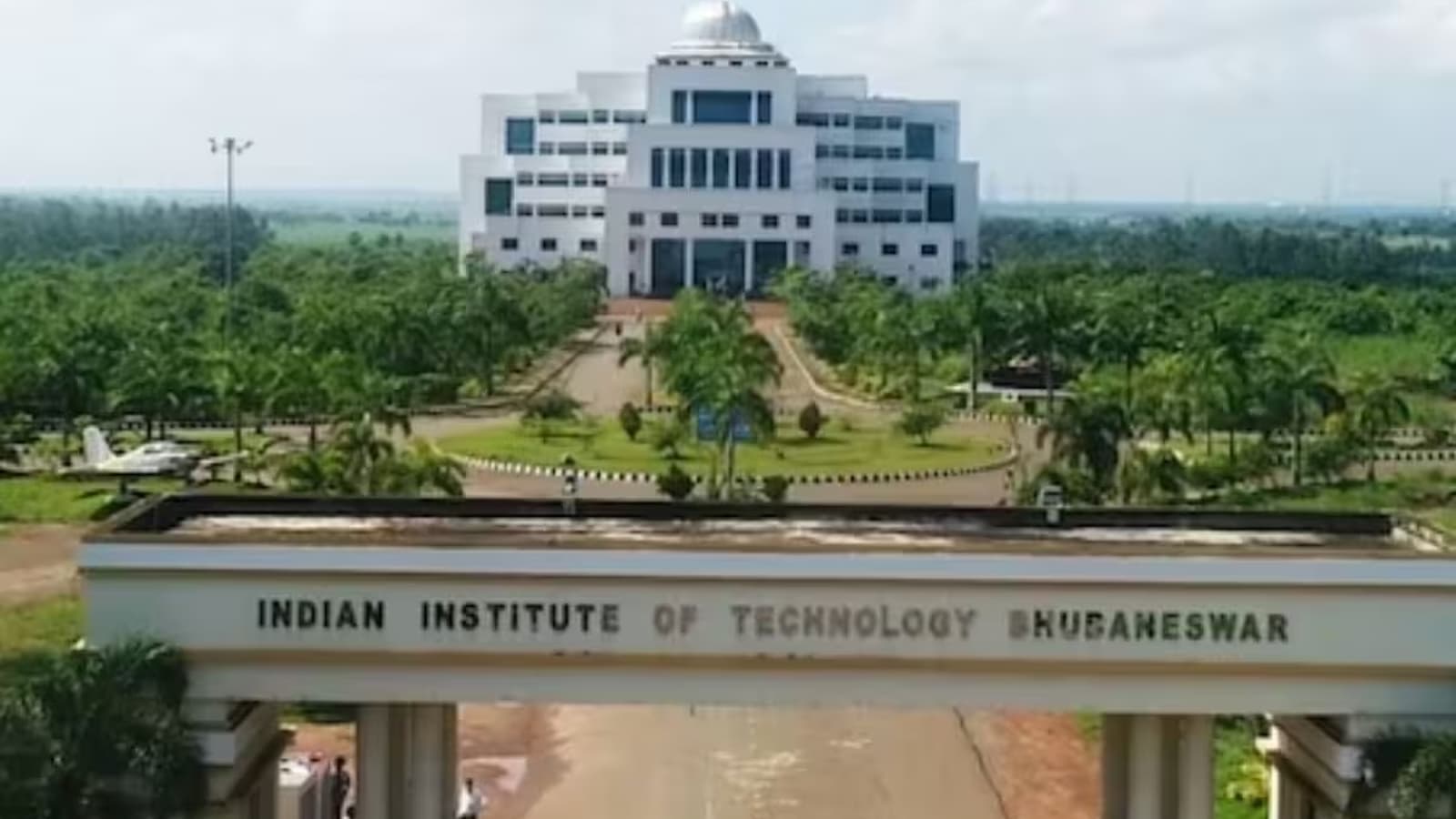Indian Defence and IIT Bhubaneswar: A PTI report issued by the Indian Defence Research Wing states that the Defence Research and Development Organisation (DRDO) of India has worked with the Indian Institute of Technology (IIT) Bhubaneswar on artificial intelligence (AI)-driven surveillance and other initiatives.
According to Medianama, 9 projects approved for the ECS were turned over to IIT Bhubaneswar by the DRDO during a meeting between Binay Das, Director General (DG) of the Electronics and Communication Systems (ECS) cluster, DRDO, senior scientists and officials of both institutions. Seven more projects are pending approval with funding of Rs 18 crore.
The cooperation, officials have told the PTI, will concentrate on developing electronic warfare, AI-driven surveillance, power systems, radar systems, etc. It will also help to meet the needs for research and development for defence applications, hence advancing the objectives of Atma Nirbhar Bharat.
AI applications in defensive systems of the Indian Army
Army Chief General Manoj Pande disclosed in March that the Indian army is creating an AI roadmap for the next 20 to 25 years while he was speaking at the NDTV Defense Summit. In a discussion of the applications of AI in the Indian defence industry, Pande said that the planned projects will include “natural language processing, facial recognition, vehicle tracking, satellite imagery analysis and other autonomous systems.” Furthermore, he said, the military is developing a “tri-services project” to build a “high-powered computing AI cloud.”
Indian Coast Guard and Jindal Steel & Power partnership to enhance indigenous shipbuilding
Announcing the Indian army’s increasing interest in AI, Pande said that the army is working with several ministries to integrate cutting-edge technologies into military operations.
According to a previous MediaNama story, the Ministry of Defense formed the Defense AI Council (DAIC) in 2019 to strategically apply AI for national security and defence. The DAIC is supposed to keep an eye on how the government and businesses work together and look over ideas for buying startups and new technology. Besides that, the Defense Research and Development Organization’s (DRDO) Center of Artificial Intelligence and Robotics (CAIR) has also made autonomous technology-based goods for spying and tracking.
Why is it important?
Without any assistance from humans, AI-powered reconnaissance systems can find and attack targets. This makes me wonder if there are enough safeguards against mistakes made by algorithms that can seriously violate human rights. It’s also a good idea to look into whether any law systems can hold AI systems accountable for mistakes that put people in danger.
Kadet Military Systems Revolutionizes India’s Military Power with LAM Technology
The military’s use of AI and the rise in drone use for law enforcement in India have caused a lot of concern about data privacy and spying. AI systems may be able to use huge amounts of data from drones, satellites, and ground sensors to study and keep track of behaviour across large areas. With this kind of power, both broad and targeted surveillance may go against people’s civil freedoms and privacy rights. Also, India’s laws that protect personal data don’t apply to info that is available to everyone.
In the end, AI systems may reinforce or even make prejudices worse if they are taught on biased or unrepresentative data. If there isn’t enough oversight and law controlling the use of AI for defence, it could lead to unfair targeting or discrimination in operating situations. This could have a bigger effect on human rights.



